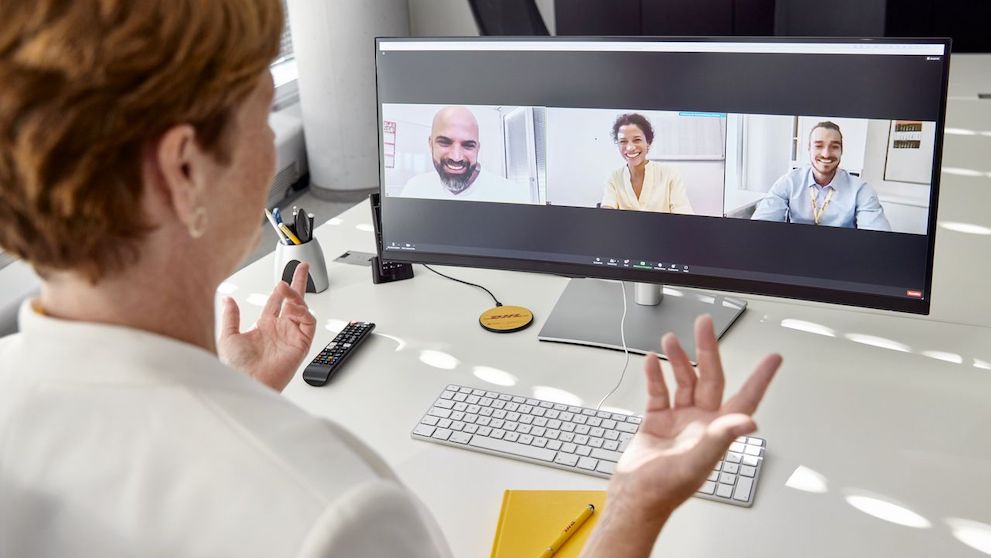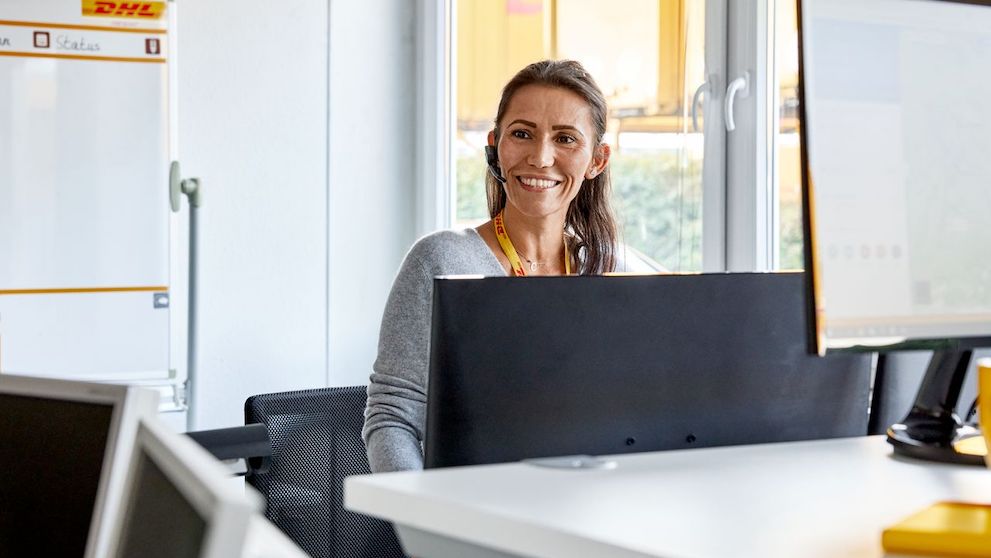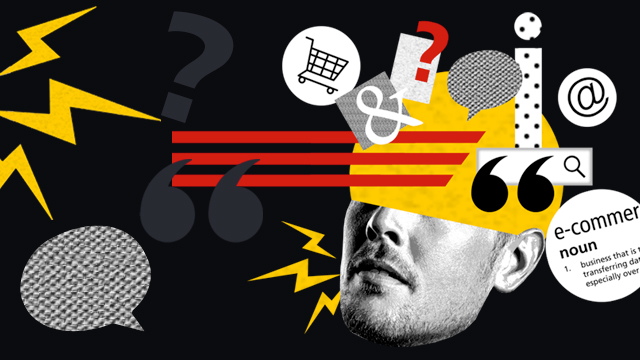Gone are the days when small and medium enterprises (SMEs) and large retailers used only the brick-and-mortar business model. With the advent and success of e-commerce, more and more businesses are moving towards an omnichannel approach where they operate online and offline. This is known as the click-and-mortar business strategy.
A click-and-mortar business incorporates omnichannel marketing and operations to offer consumers an enhanced and integrated experience, meaning they will be able to connect the dots between both offline and online presence of a brand. Before understanding how omnichannel retail strategies can work for your business, it’s vital to analyze its traditional counterpart – the brick-and-mortar system – and where it falls short.
What is considered a brick-and-mortar business?
The definition of a brick-and mortar-business is simple. Brands that operate from physical stores without any online presence can be characterized as such. There are plenty of benefits for the business owner. They can have more personal interactions with customers at these brick-and-mortar stores, where they can view and/or try your products, immediately have their questions answered, and then decide whether to make a purchase or not. They’ll also save on shipping charges.
Why click-and-mortar is the next best alternative
The advent of e-commerce has opened new avenues for businesses, with the most successful one being the click-and-mortar model. It allows companies to establish their presence online and combines the advantages of the brick-and-mortar business model.
In 2021, there were 2.14 billion online shoppers, which is over a quarter of the world’s total population. This means brick-and-mortar businesses have a wider customer base to cater to, one that can be global. Where physical stores can only attract customers in the vicinity, online shops have a wondrous playground to grab their market’s attention and establish online branding, through various digital marketing channels like social media, without any geographical restraints. That’s not to say businesses should permanently switch to the e-commerce space. Since 82% of shoppers prefer to view and feel a product before purchasing them online, a click-and-mortar business will be able to offer the real-time physical experience alongside the convenience and flexibility of making purchases in the digital realm. For businesses expanding globally, setting up physical stores in various countries enable them to cement brand presence and facilitate more productive online shopping.
There are different ways to establish a click-and-mortar business. You could place your products on marketplaces like Lazada, which local brands like Happy Skin and BLK Cosmetics have already done so. Alternatively, establishing social media selling and a personalized webstore can also do the trick – local apparel store, Bench, is a great example.












